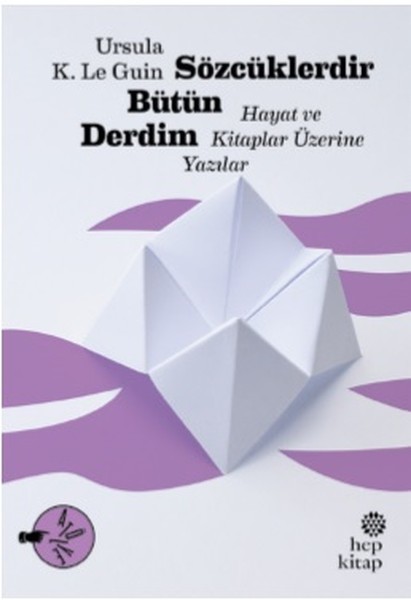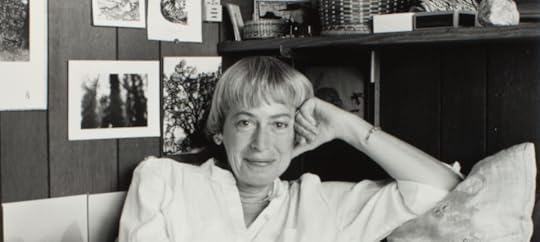What do you think?
Rate this book


416 pages, Paperback
First published September 26, 2016
“Words are what matter. The sharing of words. The activation of imagination through the reading of words. The reason literacy is important is that literature *is* the operating instructions. The best manual we have. The most useful guide to the country we’re visiting, life.”
“So the kids ask me, “When you write a story, do you decide on the message first or do you begin with the story and put the message in it?”
No, I say, I don’t. I don’t do messages. I write stories and poems. That’s all. What the story or the poem means to you—its “message” to you—may be entirely different from what it means to me.
The kids are often disappointed, even shocked. I think they see me as irresponsible. I know their teachers do.”
———
“Art reveals something beyond the message. A story or poem may reveal truths to me as I write it. I don’t put them there. I find them in the story as I work.”
“But I can tell you what it is like, for me, right now. It’s like this: If I had dropped out of college, thrown away my education, depended on my parents through the pregnancy, birth, and infancy, till I could get some kind of work and gain some kind of independence for myself and the child, if I had done all that, which is what the anti-abortion people want me to have done, I would have borne a child for them, for the anti-abortion people, the authorities, the theorists, the fundamentalists; I would have borne a child for them, their child.
But I would not have borne my own first child, or second child, or third child. My children.”
“If critics and teachers gave up insisting that one kind of literature is the only one worth reading, it would free up more time for them to think about the different things novels do and how they do it, and above all, to consider why certain individual books in every genre are, have been for centuries, and will continue to be more worth reading than most of the others.”
“I think the imagination is the single most useful tool mankind possesses. It beats the opposable thumb. I can imagine living without my thumbs, but not without my imagination.”
I am bothered [...] by the curious ingratitude of authors who exploit a common fund of imagery while pretending to have nothing to do with the fellow authors who created it and left it open to all who want to use it. A little return generosity would hardly come amiss.This little screed pertained to Jeanette Winterson's Gap of Time but would apply to many of the novelists she critiques, though not Margaret Atwood, even though Atwood insists that her Oryx & Crake series not be called science fiction. Whatever.